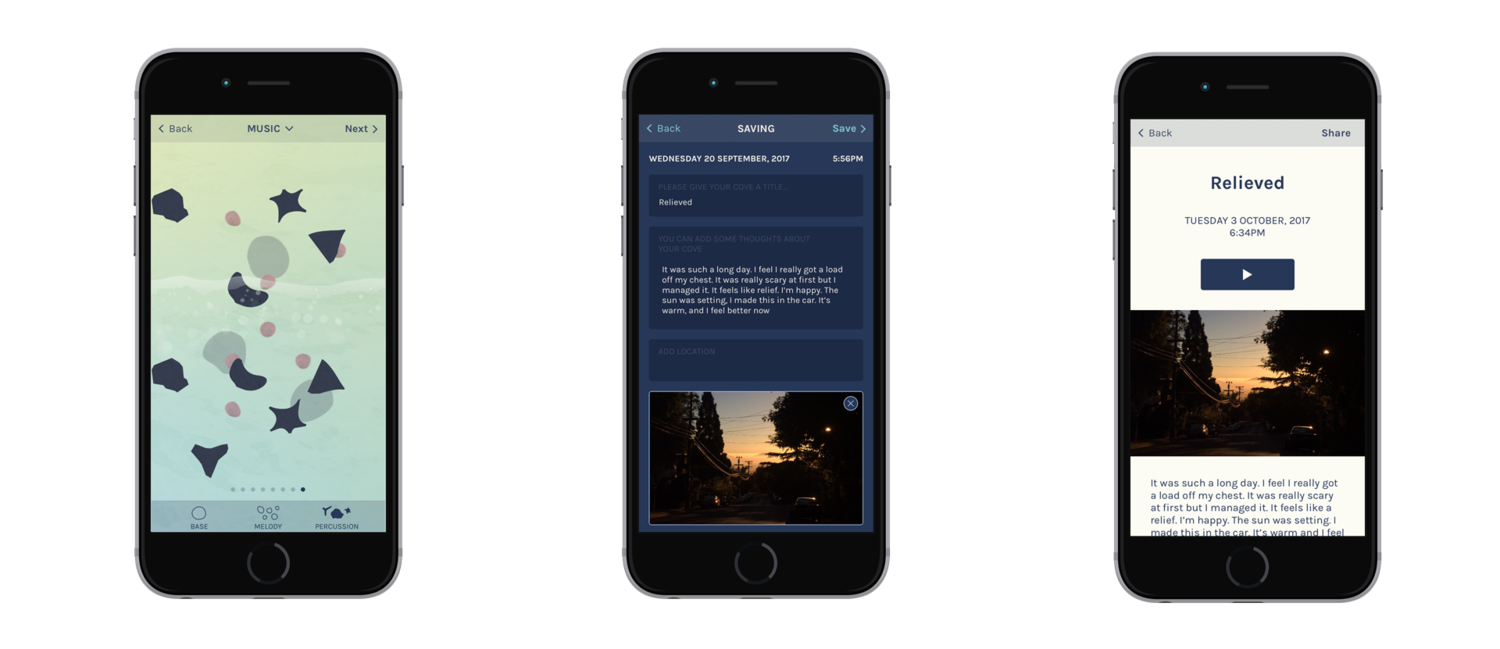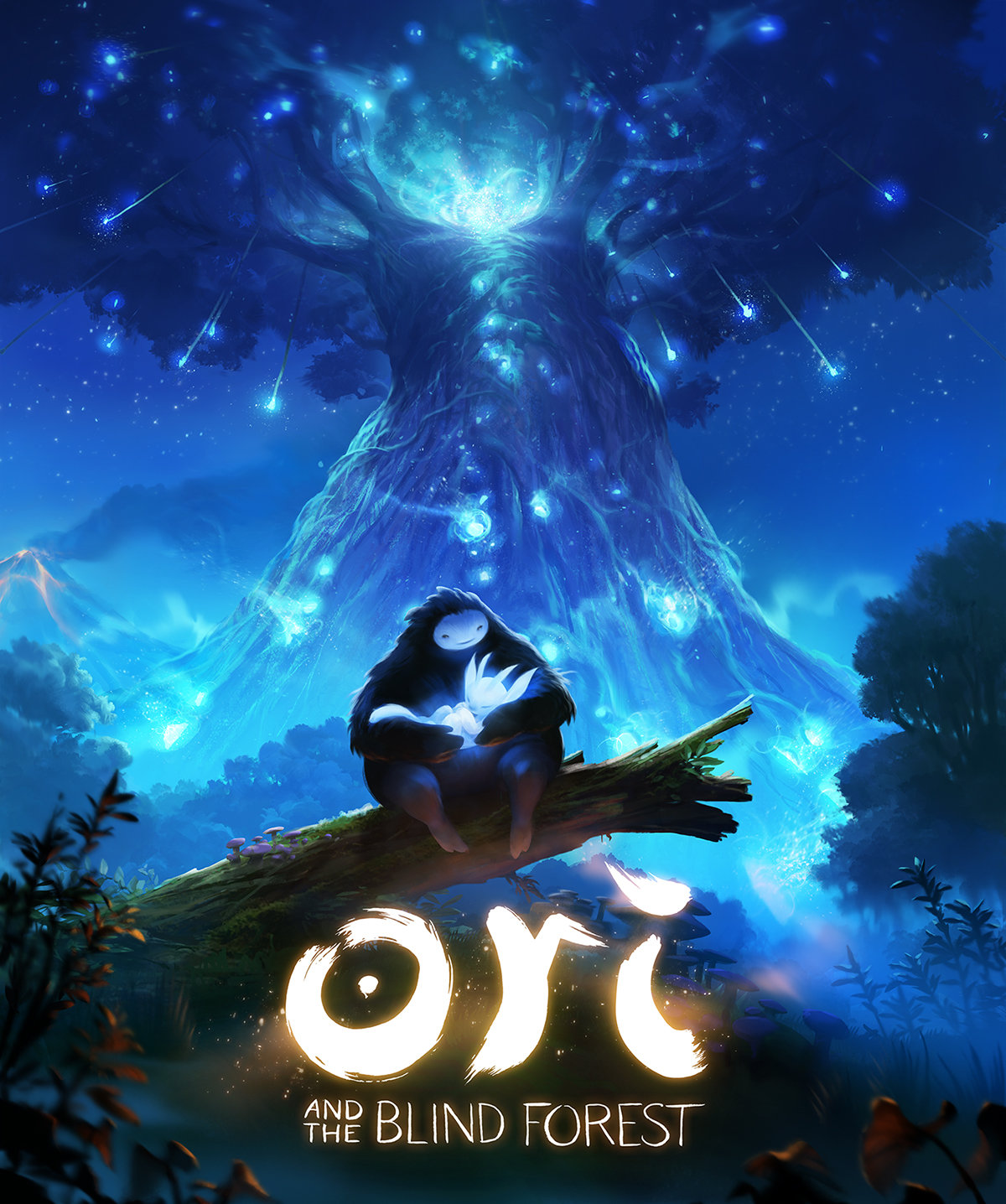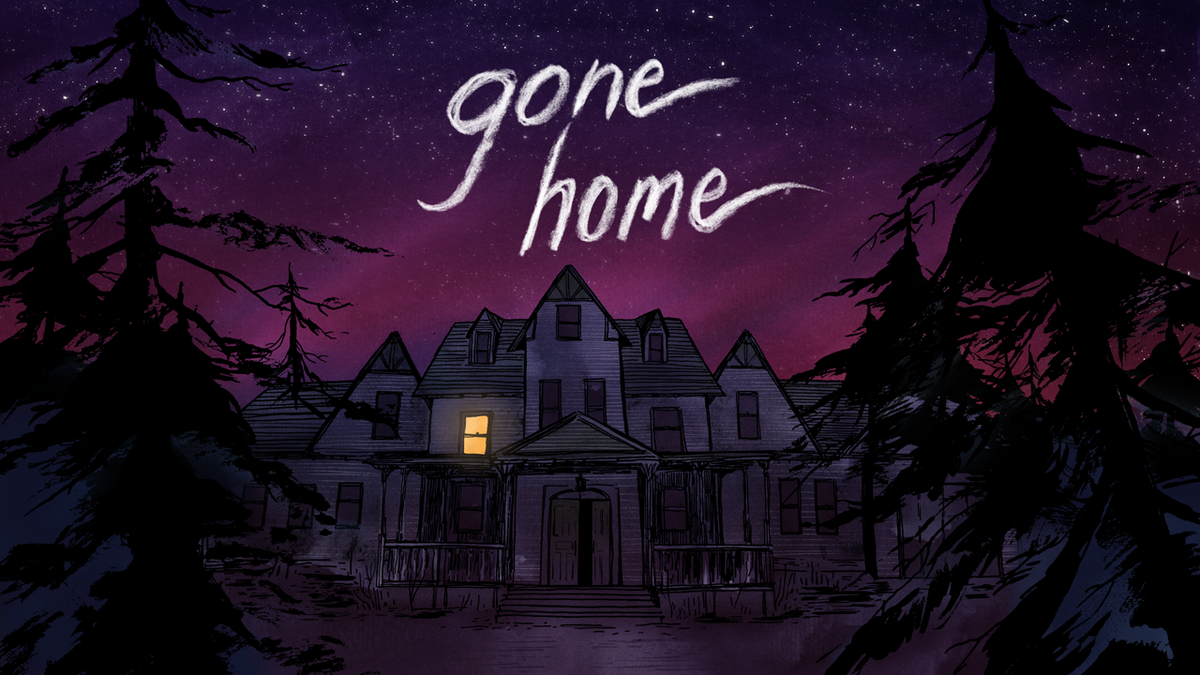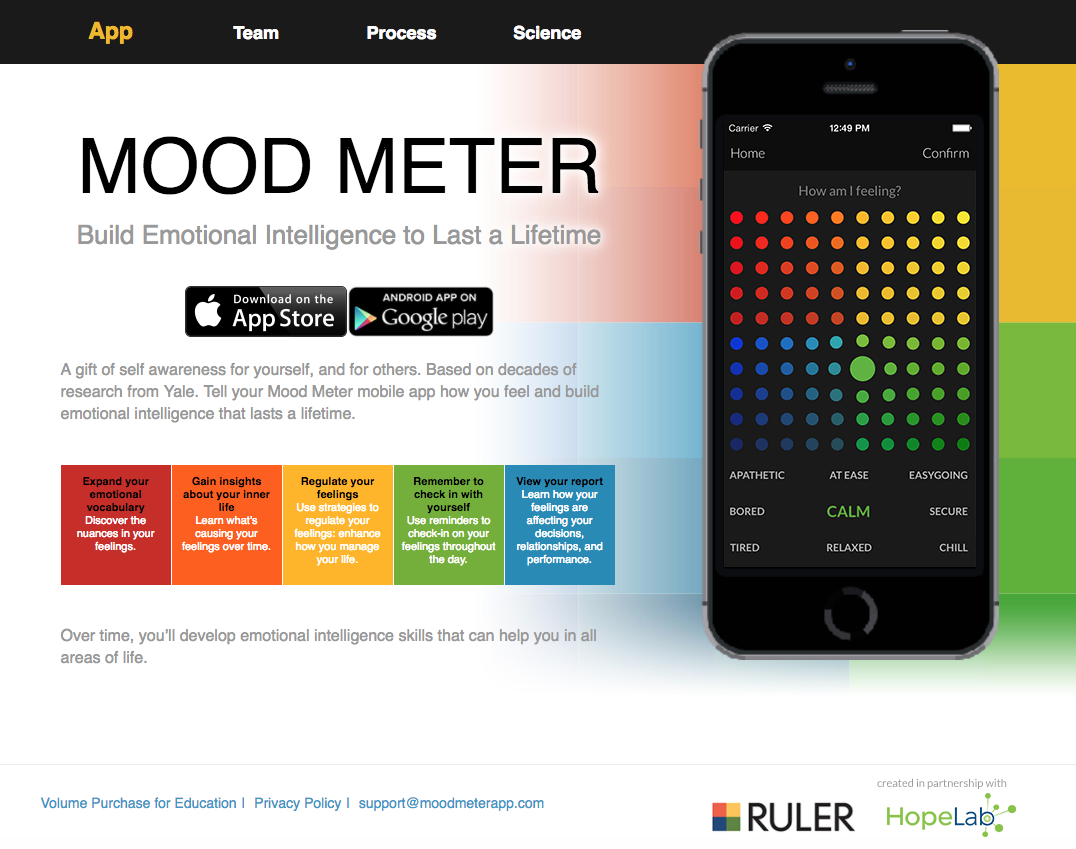- Random Acts of Kindness
- Earth Week
- Guess That Emotion
- Inside Out Printable Board Game
- Musical Feeling Game
- Empathy Game
- Toss and Talk Ball
- The No-Fault Zone
- GROK
- Cove Music Journal
- Ori and the Blind Forest
- Gone Home
- Mood Meter
- Feelings and Needs Cards
- Kids Grok
- Random Acts of Kindness
- Earth Week
- Guess That Emotion
- Inside Out Printable Board Game
- Musical Feeling Game
- Empathy Game
- Toss and Talk Ball
- (Ages 7+)
- The No-Fault Zone
- (ages 5+)
- GROK
- (ages 8+)
- Cove Music Journal
- (ages 5+)
- Free App
- Ori and the Blind Forest
- (ages 8+)
- Video Game
- Gone Home
- (ages 13+)
- Video Game
- Mood Meter
- App
- Feelings and Needs Cards
- Kid's GROK
Random Acts of Kindness
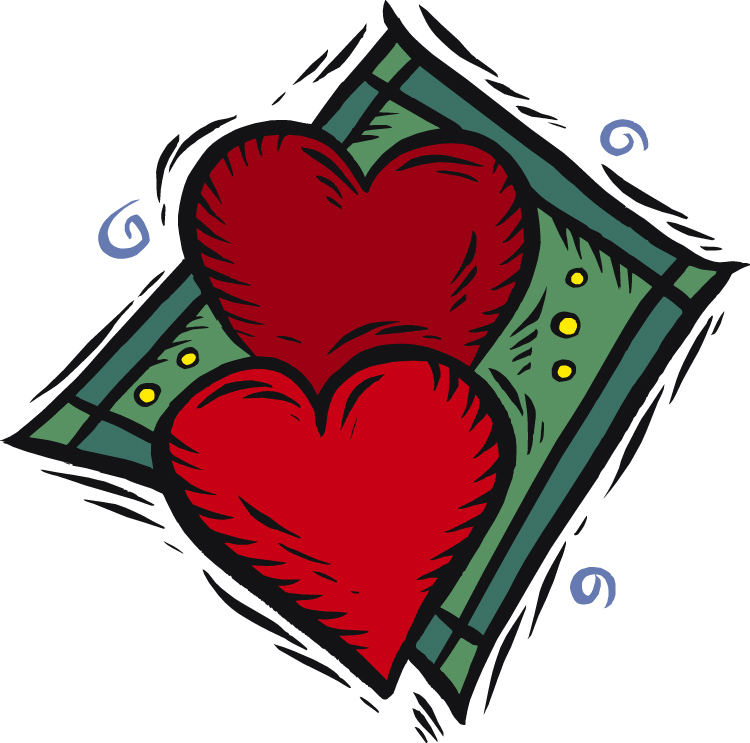
Join the Compassion Games through doing Random Acts of Kindness!
View a list of actions that support the wellbeing of others, yourself and the planet. Learn about kindness and compassion and experience the joy of contributing to the wellbeing of our world. Once you have completed an act, share your experience and connect in the community forum.
“Let’s play together, so everyone wins. Game on!”
Earth Week

Participate in the Compassion Games through a 9-day event celebrating Earth Week. Sign up to receive daily missions to contribute to the health of our planet and joy of living. Play as an individual, or team, and connect with other players from all over the world.
April Compassion Games, Earth Week is grounded in appreciation and respect of one’s local bioregion, honoring Indigenous leadership and practices in how best to care for Mother Earth while acknowledging our human place in the web of life. Earth Week is a way to explore how we can be compassionate toward the Earth, and act in ways to discover compassion for ourselves, each other, and all members of the Earth Community.
Guess That Emotion
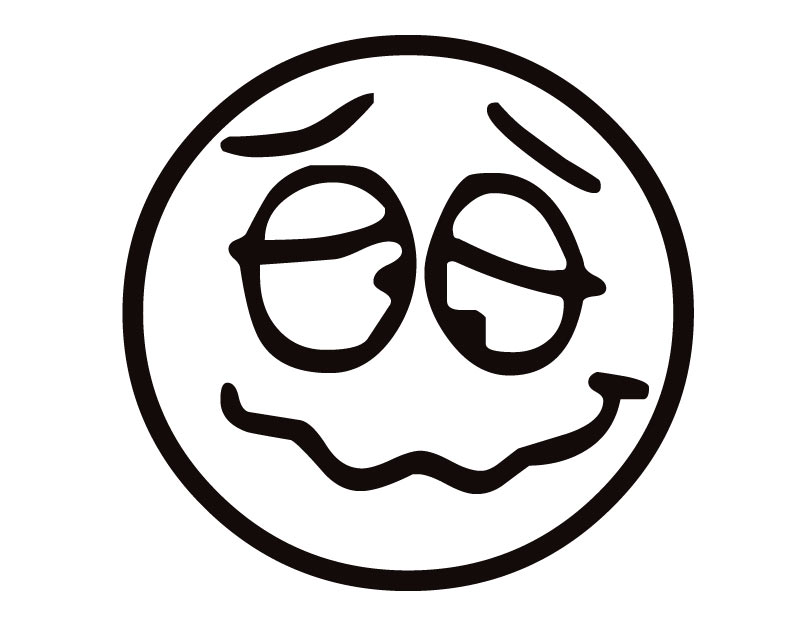
Build emotional literacy and empathy with emotional charades. Write emotions on slips of paper and put them in a bowl. Take turns drawing a slip and either act out the emotion silently, or use statements to describe what might make you feel that way.
Inside Out Printable Board Game
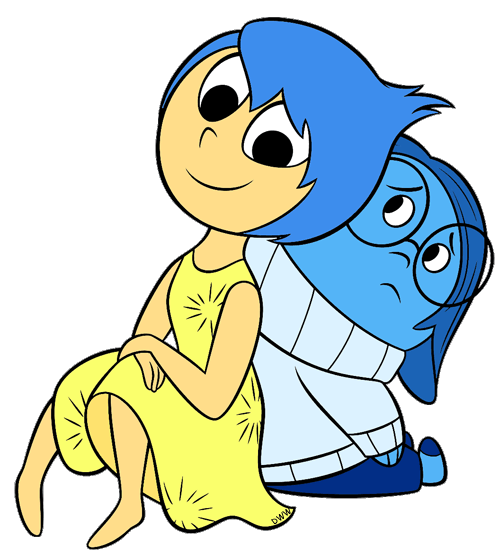
The included game board prompts emotional intelligence by providing opportunities to reflect on times that you have felt specific emotions.
Musical Feeling Game
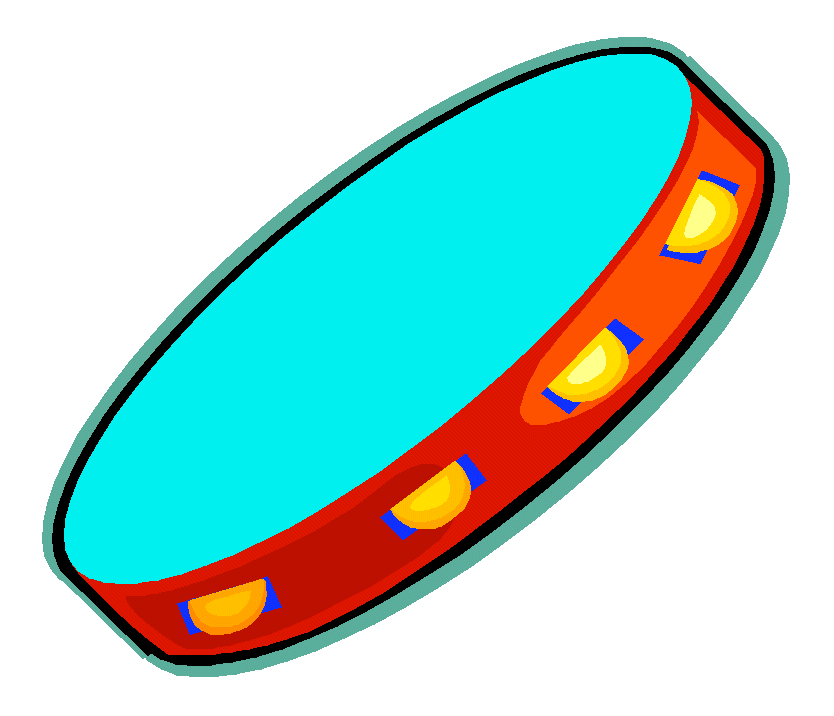
Musical chairs with social and emotional learning.
Empathy Game
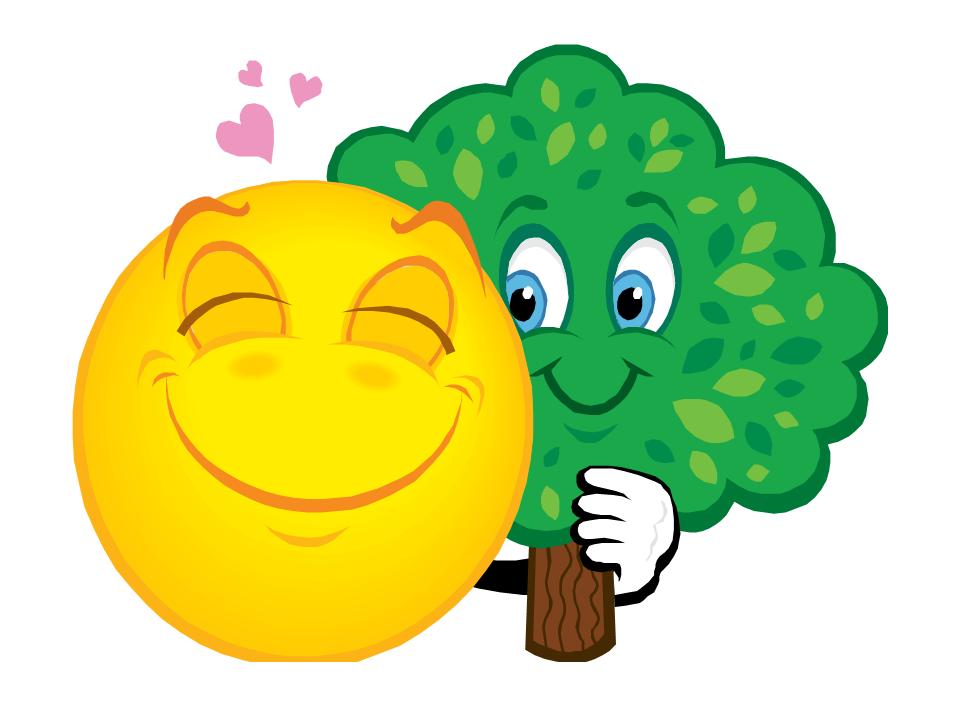
Download and print the “situation cards” and take turns reading out loud. Using a list of emotions or just on your own, practice empathy by guessing how someone might feel in response to the situation.
Toss and Talk Ball
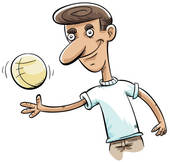
Make your own “Toss and Talk” ball to meet your needs for connection, community and belonging. Write on a large beach ball, or if you only have a small ball, use a bowl of paper slips to write down questions. Throw the ball around the circle and answer the question that is closest to one of your hands.
Example questions:
- If you could try anything and knew you wouldn’t fail, what would you try?
- Think of somebody you really respect and share with the group two things that stand out about that person.
- What’s one of your biggest fears? Why?
- What skill are you trying to learn?
Ages 7+.
The No-Fault Zone
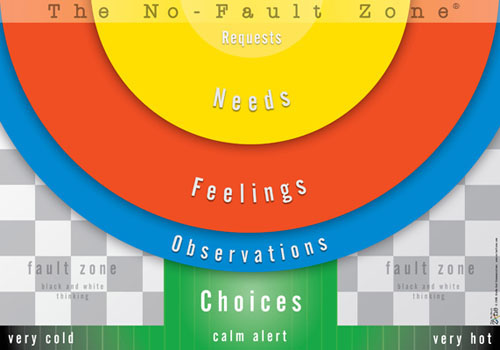
The No-Fault Zone Game has many ways to play.
You choose what you want to do with it:
- Practice self-compassion
- Resolve inner turmoil
- Have a conversation one-on-one,
at your own pace - Get to the source of problems & conflicts quickly
- Resolve a conflict mutually & peacefully
- Learn & practice Nonviolent Communication skills
- Improve family and workplace communication
- Make up your own games for connection, learning & fun
Ages 5+.
GROK
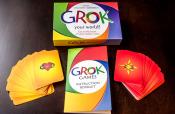
GROK is a set of 20 relationship games and exercises designed to help us listen deeply to each other’s values, needs, wishes, hopes and dreams; and to listen to oneself for clarity and self-connection. These games are fun, engaging, and educational; with no ‘winners and losers’. GROK offers a different model, a game where everybody not only wins, but also experiences deeper connection with themselves and others.
Ages 8+.
Cove Music Journal
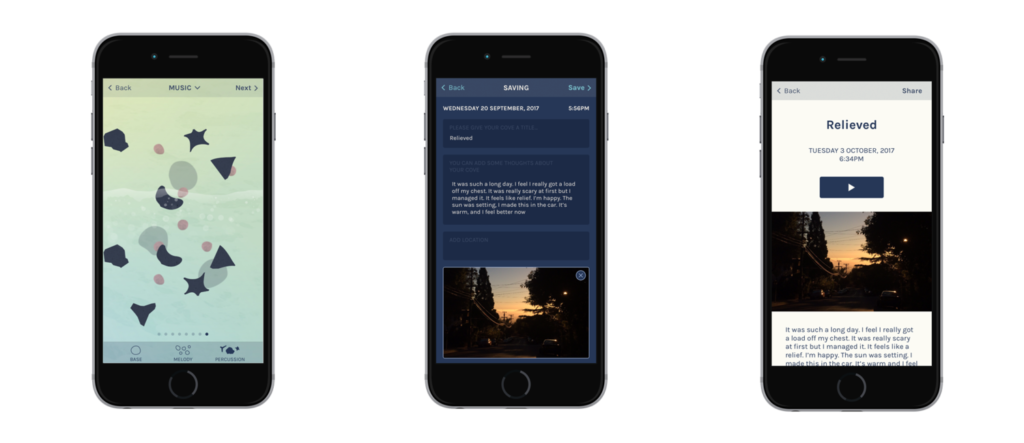
Cove is a water-themed digital journal that allows users to capture their moods and emotions through instrumental music. For kids who have trouble expressing themselves, Cove takes away the pressure of verbalization while still prompting users to recognize and label how they are feeling. Entries can then be stored and shared with others, giving kids a solid starting point for understanding what they are feeling and why.
Free app, ages 5+.
Ori and the Blind Forest
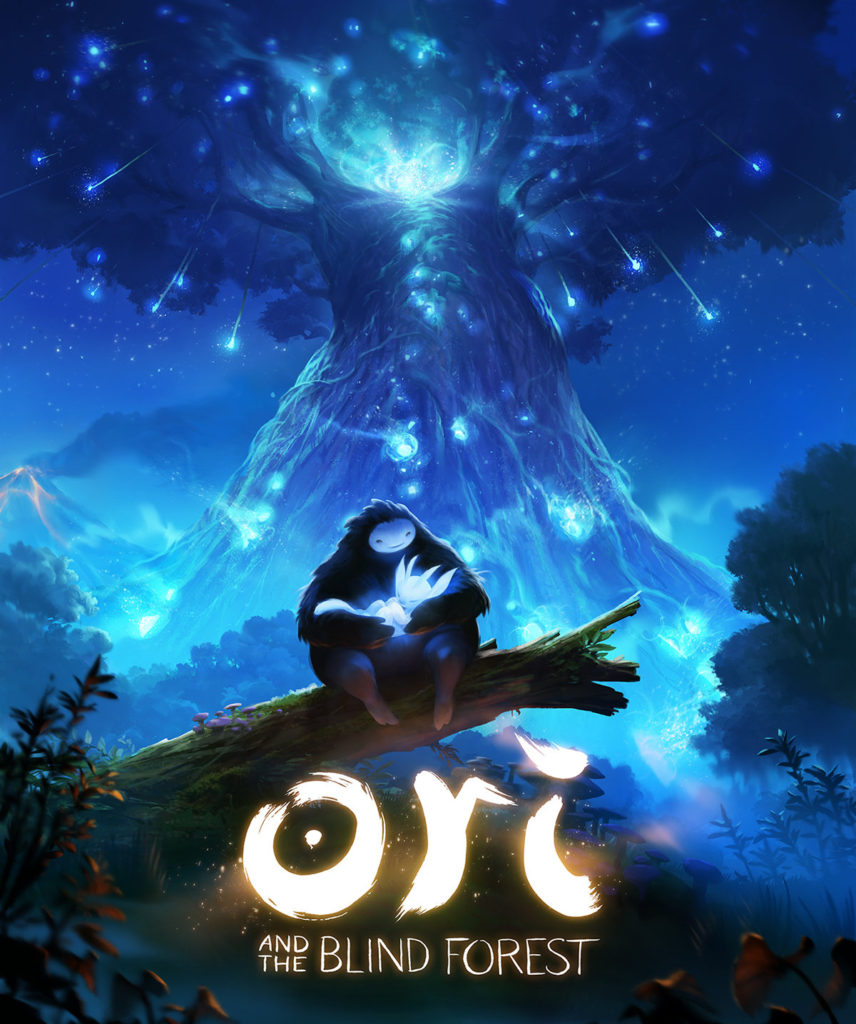
Practice self-awareness! Because of the tricky nature of a puzzle-platformer like Ori and the Blind Forest, self-awareness is key for getting through the game, and it works in tandem with flexibility. Knowing Ori’s limitations and paying attention to hazards, enemies, and the health bar will make gameplay far less frustrating. Self-awareness drives initial assessment as well as reflection. When obstacles are encountered, self-awareness is what will tell a player when a hazard or enemy is beyond Ori’s current ability or if there might be an alternative solution. When the problem has passed, self-awareness helps them think about whether their method was efficient and effective or if they should try another way next time. But this thinking skill isn’t only about metacognition; it also involves empathy. Ori’s personal journey is good food for thought and conversation about differing views on love, loss, grief, healing, and hope.
Video game, ages 8+.
Gone Home
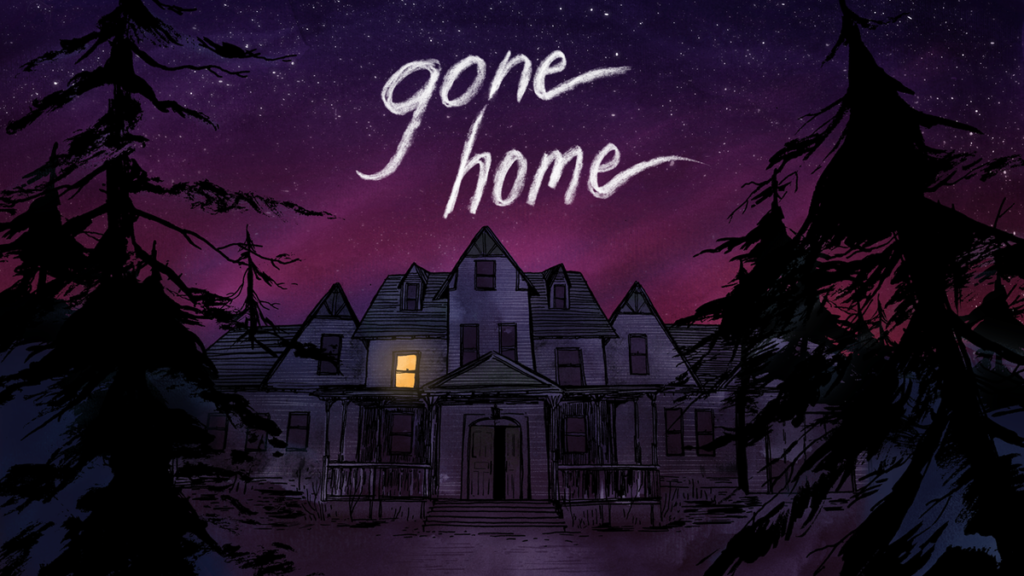
This award-winning video game is a quiet first-person exploration that emphasizes important social and emotional learning and positive psychology skill. Players explore the concepts of reflection, self-assessment, empathy, hope, and resilience as they explore the main character’s deserted home.
Video game, ages 13+.
Mood Meter
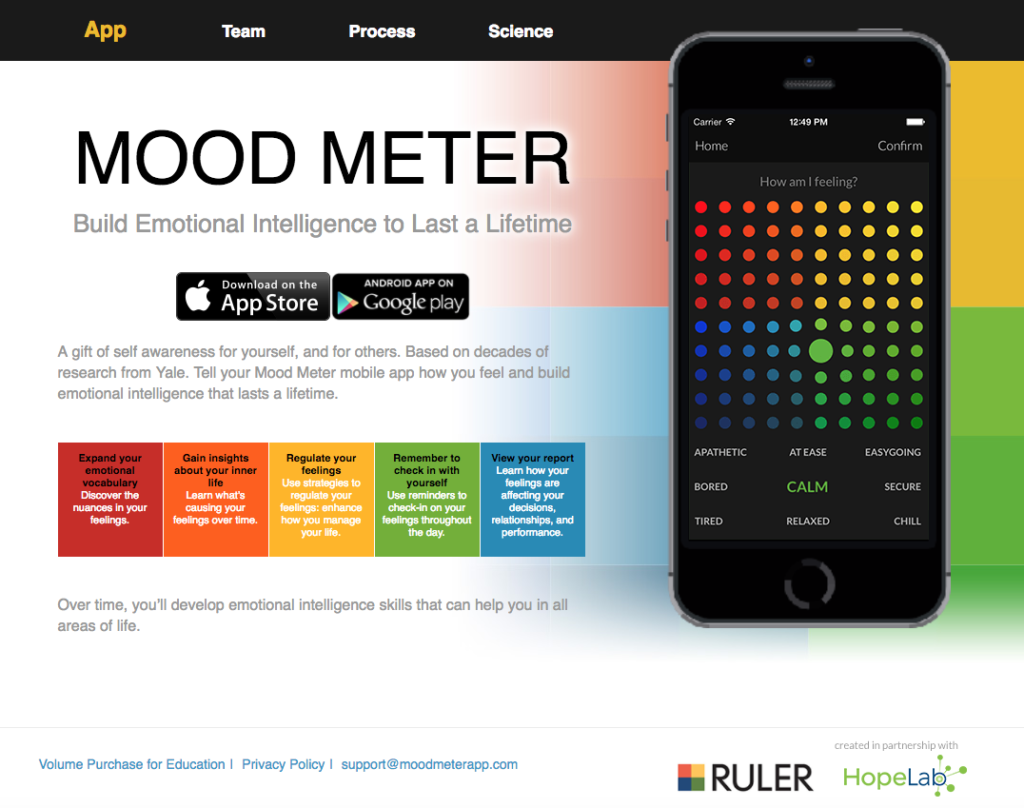
For those of you with Android or iOS devices, there is a ‘feelings’ app that can help a person assess one’s mood and associating feelings, and can be used as a tool for tracing feelings to their underlying source, in order to provide clear personalized information around one’s values and boundaries for navigating life with more ease and harmony.
App.
Feelings and Needs Cards
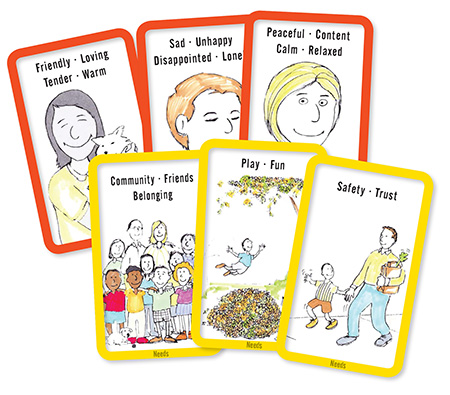
Put Feelings and Needs vocabulary in your hands to help you connect with yourself and other people.
These Feelings and Needs card decks are illustrated by Marty Mellein, colored by Bo Sørensen, and developed in collaboration with Kirsten Kristensen.
Kids Grok
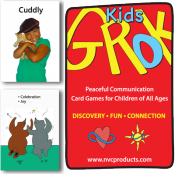
Kids GROK is a set of 26 feelings cards with photographs of children demonstrating emotions and 26 colorfully illustrated needs cards, and instructions for games and activities designed to support emotional intelligence and empathy..
|
|
All Ages | |
Random Acts of Kindness
Join the Compassion Games through doing Random Acts of Kindness! View a list of actions that support the wellbeing of others, yourself and the planet. Learn about kindness and compassion and experience the joy of contributing to the wellbeing of our world. Once you have completed an act, share your experience and connect in the community forum. “Let’s play together, so everyone wins. Game on!” |
Earth Week
Participate in the Compassion Games through a 9-day event celebrating Earth Week. Sign up to receive daily missions to contribute to the health of our planet and joy of living. Play as an individual, or team, and connect with other players from all over the world. “April Compassion Games, Earth Week is grounded in appreciation and respect of one’s local bioregion, honoring Indigenous leadership and practices in how best to care for Mother Earth while acknowledging our human place in the web of life. Earth Week is a way to explore how we can be compassionate toward the Earth, and act in ways to discover compassion for ourselves, each other, and all members of the Earth Community.” |
|
|
|
Quick Games
(ages 3-10) |
|
Guess That Emotion
Build emotional literacy and empathy with emotional charades. Write emotions on slips of paper and put them in a bowl. Take turns drawing a slip and either act out the emotion silently, or use statements to describe what might make you feel that way. |
Inside Out Printable Board Game
The included game board prompts emotional intelligence by providing opportunities to reflect on times that you have felt specific emotions. |
Musical Feeling Game
Musical chairs with social and emotional learning. |
Empathy Game
Download and print the “situation cards” and take turns reading out loud. Using a list of emotions or just on your own, practice empathy by guessing how someone might feel in response to the situation. |
Toss and Talk Ball(Ages 7+)
Make your own “Toss and Talk” ball to meet your needs for connection, community and belonging. Write on a large beach ball, or if you only have a small ball, use a bowl of paper slips to write down questions. Throw the ball around the circle and answer the question that is closest to one of your hands. Example questions:
|
|
| Products | ||
The No-Fault Zone(ages 5+)
“The No-Fault Zone Game has many ways to play.
|
GROK(ages 8+)
“GROK is a set of 20 relationship games and exercises designed to help us listen deeply to each other’s values, needs, wishes, hopes and dreams; and to listen to oneself for clarity and self-connection. These games are fun, engaging, and educational; with no ‘winners and losers’. GROK offers a different model, a game where everybody not only wins, but also experiences deeper connection with themselves and others.” |
|
| Video Games / Apps | ||
Cove Music Journal(ages 5+)Free App |
Ori and the Blind Forest(ages 8+)Video Game
Practice self-awareness! “Because of the tricky nature of a puzzle-platformer like Ori and the Blind Forest, self-awareness is key for getting through the game, and it works in tandem with flexibility. Knowing Ori’s limitations and paying attention to hazards, enemies, and the health bar will make gameplay far less frustrating. Self-awareness drives initial assessment as well as reflection. When obstacles are encountered, self-awareness is what will tell a player when a hazard or enemy is beyond Ori’s current ability or if there might be an alternative solution. When the problem has passed, self-awareness helps them think about whether their method was efficient and effective or if they should try another way next time. But this thinking skill isn’t only about metacognition; it also involves empathy. Ori’s personal journey is good food for thought and conversation about differing views on love, loss, grief, healing, and hope.” |
Gone Home(ages 13+)Video Game |
Mood MeterApp |
||
|
|
Resources | |
Feelings and Needs Cards
“Put Feelings and Needs vocabulary in your hands to help you connect with yourself and other people. |
Kid’s GROK
“Kids GROK is a set of 26 feelings cards with photographs of children demonstrating emotions and 26 colorfully illustrated needs cards, and instructions for games and activities designed to support emotional intelligence and empathy.” |

